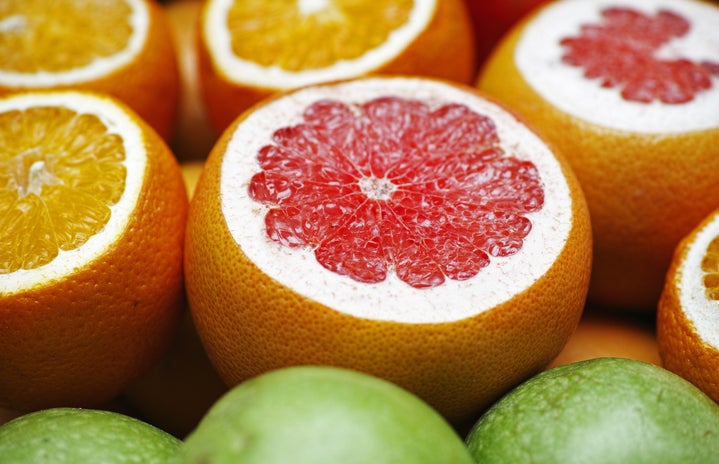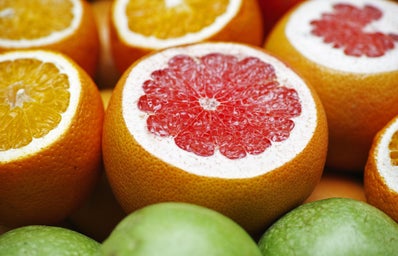What do you think when you hear the term “organic”? Do you think organic is the epitome of healthy, it’s good for earth, or that it’s expensive? While organic food is generally known as super healthy and what we should all focus on, buying organic is spurred for many different reasons. Let’s first consider what allows a product to be labeled as “Organic.”
In order to be labeled as certified organic, there should be a USDA organic seal on the product. With this label, it indicates that the crops used to make the product are not grown with synthetic fertilizers or pesticides, not genetically modified, and that the animals must only eat organic feed and are not given synthetic hormones or antibiotics. Natural/naturally raised products only indicate artificial colors or flavors and are minimally processed. However, food companies are not required to give this specific information on their labels unless they make the executive decision to show their certifications.
There are indeed different degrees of organic certification. If a product is claimed to be 100 percent organic, then the product is fully made with organically produced ingredients, excluding salt and water. A product can be labeled as organic if it is at least 95 percent made from organic ingredients excluding salt and water. A product can say “Made with Organic Ingredients” if 70 percent of the product is produced from organic ingredients, excluding salt and water. Lastly, a product is not allowed to be labeled as organic if less than 70 percent of the product’s ingredients are organic.
Is organic food necessarily the healthiest? The answer is no. Yes, organic food contains less or no pesticides and chemicals, but this really benefits the health of our earth, and the animals more than humans. Humans, in the long run, may benefit from organically produced animal products since antibiotic use in animals can increase antibiotic-resistant bacteria and potentially increase human infection. Additionally, there has been an increase in nutrients such as flavonoids or antioxidants in organically-grown products. The omega-3 levels tend to be higher which is heart-heathy, meaning that the diet is low in saturated fat. Organically produced fruits and vegetables may reduce pesticide contamination, as well as bacterial contamination.
In the end, it’s always good to check the nutrient quantities on the food label and pick products that are more nutrient-dense, meaning that there is a higher percentage of nutrients like vitamins and minerals in each serving. This should be your priority as a consumer.
**Stick with the Clean 15 and Dirty Dozen if buying organic!
The Clean 15 are the 15 foods least likely to have so much pesticide residue on them and the Dirty Dozen have the most. So, if you are going organic and don’t want to spend too much money, look first to buy the Dirty Dozen foods and don’t worry as much about buying the organic variety of the Clean 15.

